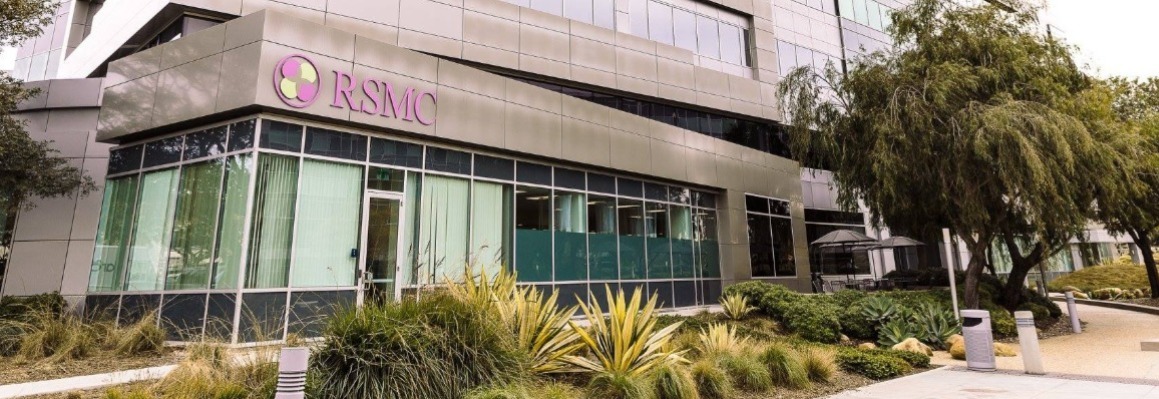When is Hysteroscopy Needed in the U.S. IVF Treatment?

Hysteroscopy is a minimally invasive procedure that uses an endoscope to examine the interior of the uterine cavity. It allows for direct visualization of the endometrium, uterine cavity shape, and other potential abnormalities. In reproductive medicine, hysteroscopy is widely used for diagnosing and treating uterine conditions such as endometrial polyps, adhesions, and uterine anomalies. It also plays a crucial role in improving the success rates of in vitro fertilization (IVF) in the United States. Although hysteroscopy is not mandatory before egg retrieval, it is vital to perform it before embryo transfer. This procedure ensures a healthy uterine environment by identifying and addressing potential abnormalities and obstacles, significantly increasing the likelihood of successful embryo implantation. Understanding the critical timing of hysteroscopy in the IVF process is an essential step toward success for both patients and doctors.
Hysteroscopy
Hysteroscopy is a medical procedure in which a thin, fiber-optic endoscope is inserted through the vagina and cervix into the uterine cavity to directly visualize the endometrium and the interior of the uterus. This procedure is typically performed under local anesthesia or mild sedation and lasts about 20 to 30 minutes. Through the hysteroscope, doctors can obtain high-definition images and perform biopsies or minimally invasive treatments if necessary. Hysteroscopy is essential for diagnosing and treating intrauterine conditions such as endometrial polyps, uterine adhesions, and endometritis. These conditions can lead to abnormal bleeding or infertility, and hysteroscopy provides clear visual evidence to help doctors make accurate diagnoses. Additionally, hysteroscopy allows for immediate minimally invasive surgery during the examination, improving the uterine environment and increasing the chances of successful embryo implantation. This procedure significantly enhances the effectiveness of in vitro fertilization (IVF) treatments in the United States.
Why Is Hysteroscopy Not Needed Before Egg Retrieval?
In the IVF process, the primary goal of the egg retrieval stage is to collect mature eggs for subsequent fertilization. This stage focuses on stimulating the ovaries to develop multiple follicles and retrieving the eggs through ultrasound-guided aspiration. Therefore, the emphasis during egg retrieval is on ovarian function and egg quality, rather than the uterine environment. Since the embryo does not require the involvement of the endometrium during the early stages following egg retrieval, the condition of the uterine environment is less critical at this point. Routine pre-retrieval evaluations typically include blood tests, ovarian function assessments, and ultrasound monitoring of follicular development, without the need for hysteroscopy to evaluate the endometrium. This makes hysteroscopy unnecessary during the egg retrieval stage.

Hysteroscopy Before Embryo Transfer
In the context of in vitro fertilization (IVF) in the United States, performing a hysteroscopy before embryo transfer is of great significance. Firstly, a hysteroscopy ensures that the uterine environment is healthy and suitable for embryo implantation. Through this procedure, doctors can directly visualize the endometrium, identifying and addressing any abnormalities that could hinder implantation, such as endometrial polyps or adhesions. Moreover, extensive clinical research and data support the idea that hysteroscopy can significantly enhance the success rate of embryo transfers. Statistics show that patients who undergo hysteroscopy and receive the necessary treatment experience a marked improvement in both embryo implantation and pregnancy rates. Clinical cases also demonstrate that hysteroscopy effectively identifies and resolves potential intrauterine issues, thereby optimizing the environment for embryo implantation and boosting the overall success rate of IVF.
Hysteroscopy plays a crucial role in the IVF process. While it is not necessary to perform a hysteroscopy before egg retrieval, conducting this procedure before embryo transfer is a key step in ensuring success. This minimally invasive surgery allows doctors to visually assess and optimize the uterine environment, eliminating any conditions that might impair embryo implantation, thereby significantly increasing the likelihood of a successful transfer. For patients seeking IVF treatment, understanding the optimal timing for a hysteroscopy not only enhances the chances of achieving pregnancy but also provides a solid foundation for ultimately realizing their dream of parenthood. Therefore, performing a hysteroscopy before embryo transfer is not just an important medical examination but also a critical step toward success.
Let RSMC with 30 Years of Expertise in Reproductive Medicine Help You Achieve Parenthood
At RSMC in the USA, our IVF treatment goes beyond conventional methods. We offer services that allow you to select the gender of your embryo, and we cater to same-sex couples and single individuals seeking to undergo IVF. For those who are unable to carry a pregnancy, we also provide surrogacy services. After PGT-A testing, our doctors will discuss the condition of the embryos with you and confirm the gender before implantation. RSMC's laboratory holds the highest international laboratory certification (CPA) and is dual-certified by the College of American Pathologists (CAP) and the Clinical Laboratory Improvement Amendments (CLIA). We are one of the few laboratories globally capable of cultivating embryos up to 7.5 days, a testament to our advanced capabilities.
Because healthcare is highly personalized, before starting your journey with RSMC, our specialists will thoroughly review your medical history. We will ask you to obtain the necessary medical reports and arrange a free online consultation with our Medical Director in the USA. Whether you're considering IVF with your own eggs and sperm, or require donor eggs, donor sperm, or third-party surrogacy services, we bring extensive experience and a team of top fertility experts with over 30 years of experience.
With access to one of North America's top three egg banks and surrogacy centers, comprehensive management through six major medical insurance plans, and professional legal assistance for all the necessary documentation to bring your baby home.
RSMC provides a seamless, supportive experience from your first consultation to the birth of your child. Our team is dedicated to every detail, ensuring the best possible outcome for your journey to parenthood.If you're interested in our services, our multilingual team is available 24/7 to assist you: contact us via Line / WeChat:rsmctw or WhatsApp :+1 858-342-6046. We look forward to supporting you every step of the way.

Physician Information
DR. DAVID HARARI | Medical Director & President of RSMC Medical GroupDr. David Harari earned his medical degree from the University of Georgia Medical Center. He completed his internship at the Medical College of Georgia and subsequently underwent residency training at Mercy Hospital Medical Center. With over 30 years of clinical experience, Dr. Harari currently serves as the President of the San Diego Obstetrical and Gynecological Society, an association with more than 400 professional OB-GYN physician members.
In his practice, Dr. Harari places great emphasis on respecting each patient's individual preferences and providing them with the most professional treatment plans. He works collaboratively with his patients to help them achieve their goals. Dr. Harari strongly believes in the importance of clear communication and understanding between doctor and patient. He is always willing to share his extensive medical experience and offer the most professional medical advice.
Other
-
2024/11/18ivf
What is a Uterine Polyp? Does It Affect Fertility?



